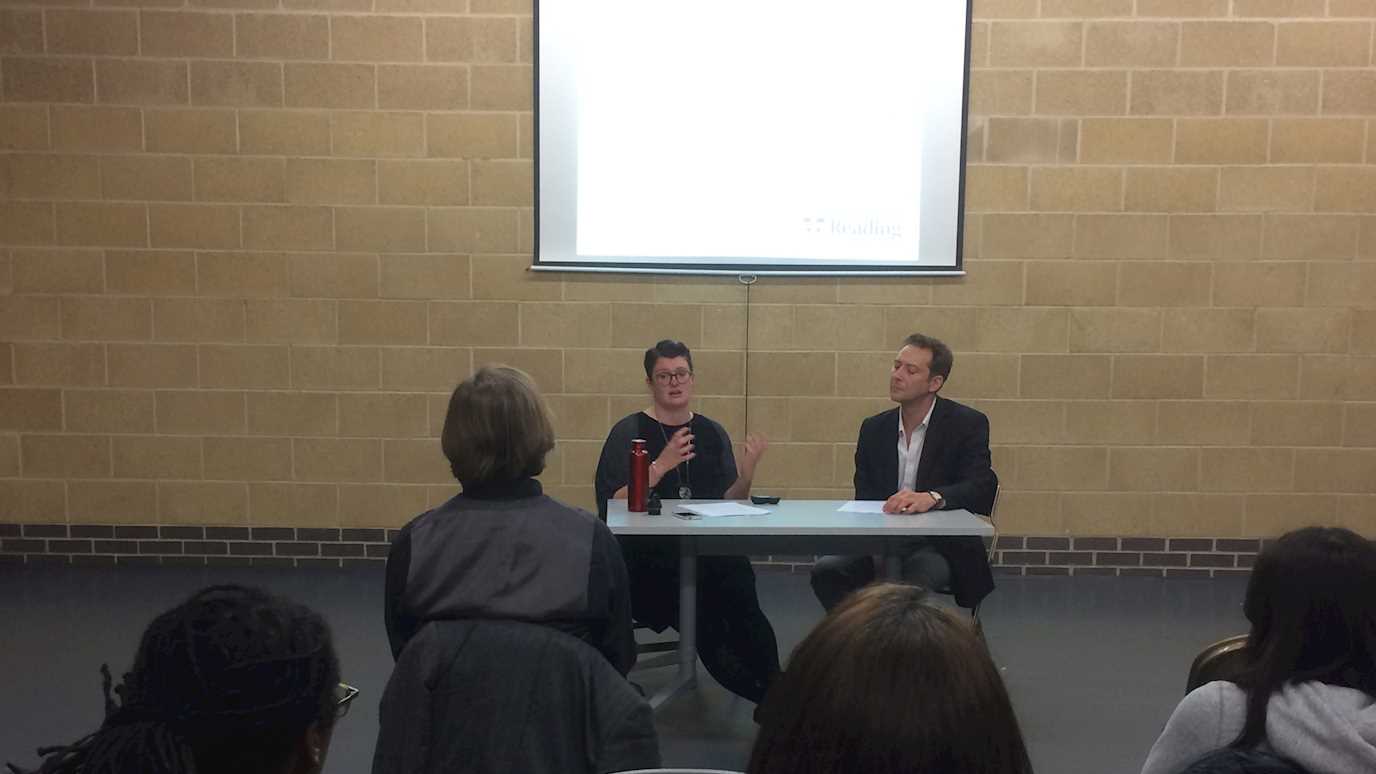Working the Archive: An Overview of the 'Harold Pinter: Histories and Legacies' Project
The AHRC-funded ‘Harold Pinter: Histories and Legacies’ project aimed to locate, archive, and contextualise every major production of Harold Pinter's dramas in the UK between 1957 and 2017 alongside original broadcasts and significant revivals of Pinter’s work for television and radio, and his activities in the film industry. Central to this was the creation of an open-access database that documents these works and productions as well as the people, venues, and places associated with them. Between the information collected and entered by the research team and the database’s capacity for quantifying and generating patterns, this project put researchers in touch with a robust, living history of Harold Pinter and his work, while enabling a richer impression of his influence and impact across the numerous fields to which he contributed.
In this presentation, members of the research team discussed the aims, methodologies, critical priorities, and significance of the project. We concluded by sharing some early findings based on our primary research at institutions such as the Pinter Archive at the British Library, the RSC Collections at the Shakespeare Birthplace Trust, the BBC Written Archives, and the British Library Sound Archive.
Basil Chiasson researches and has published chiefly on Harold Pinter. He has also taught in Theatre Studies and English programmes in Canada and the UK. For the Harold Pinter: Histories and Legacies Project Basil is currently based at the University of Leeds, while spending much of his time in the Pinter Archive.
Catriona Fallow specialises in contemporary British and European playwriting, theatre history, historiography and archival studies, and contemporary Shakespearean performance. She has taught at the University of Birmingham and Queen Mary University of London. Based at the University of Birmingham, as part of the Harold Pinter: Histories and Legacies project Catriona will focus initially on Pinter’s relationship to the Royal Shakespeare Company during the 1960s and 1970s.
Amanda Wrigley works primarily on 20th-century British radio and television engagements with theatre plays; she also works on BBC Radio features by literary figures such as Louis MacNeice and Dylan Thomas. For the Pinter project, she is based in the Department of Film, Theatre and Television at the University of Reading, where she is in the first instance working on questions of adaptation and audience in Pinter’s radio and television work.
Billy Smart has produced work on the development of Scottish and Welsh television drama, TV representations of lesbianism in 1970s drama, dramas made on Outside Broadcast, the work of the BBC Audience Research Unit, the changing visual form of soap opera and how the theatrical conventions of Shakespeare, Ibsen, Chekhov, Brecht and J.B. Priestley were altered by studio practice when adapted for television. His initial work on the Pinter project is exploring Pinter as an original television dramatist in Tea Party and The Basement and Pinter’s work as director of plays by John Hopkins and Simon Gray.

Dr Catriona Fallow and Dr Basil Chiasson




















